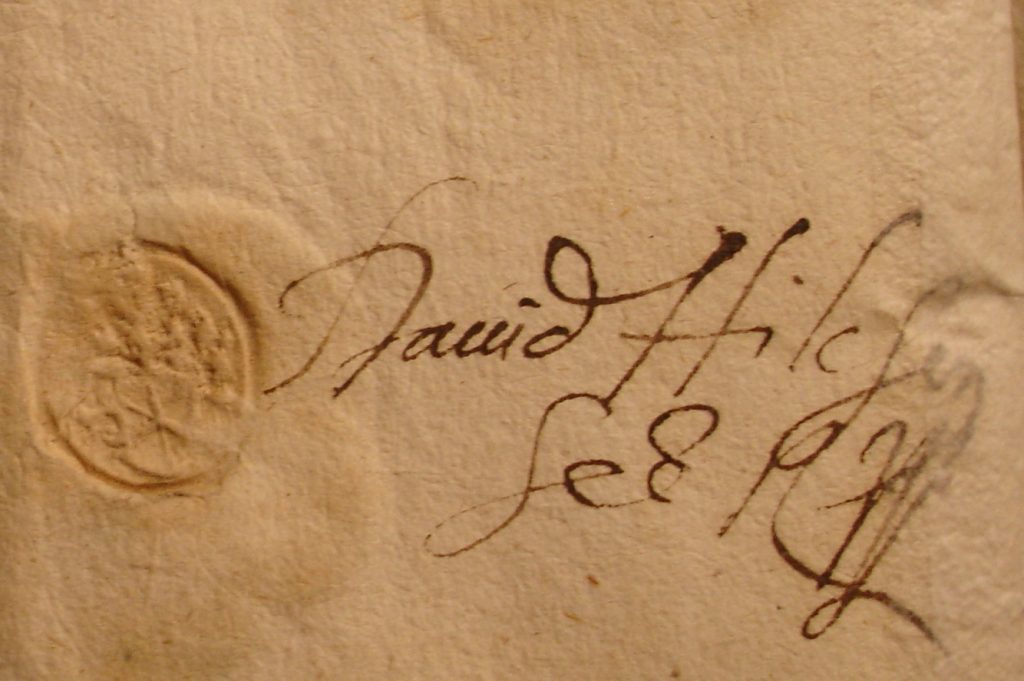A recently concluded research project has contributed new knowledge about the zenith of humanism in Livonia

The year 2019 saw the culmination of the Literature Centre`s senior researcher Kristi Viiding`s four-year research project, “Masterpieces of Humanism in Livonia: David Hilchen’s epistolography as a source of language, literary, juridical and educational history” (PUT1030).
The project was the first literature research project in the Republic of Estonia which explicitly focused on the Polish period in Estonia and Livonia (1561-1621/29). The research was mainly based on the Latin literary legacy of David Hilchen (1561-1610), a leading Livonian Early Modern humanist lawyer, which was to this purpose – as far as known and accessible – collected in its entirety from archives and librariesall over Europe and consecutively transcribed, amounting till date to 800 letters, 39 poems, and 28 orations. The inventory of Hilchen’s letters is published in the international web platform EMLO. Hilchen’s poems and two volumes of letters (provided with German annotations, commentaries and an updated biographical and historiographical introduction) are ready for publishing at a German publishing company. In total, 26 scientific presentations were held at various conferences and seminars, and 20 articles were published in high-raking journals across Europe.
Hilchen’s inventory and the edition of his letters are important tools for any Early Modern scholarly work on political, religious, literary and publishing history not only in the Baltic Sea region, but throughout all Europe, as Hilchen’s network of 200 correspondents of humanists, politicians, lawyers, state officials and diplomats spanned from England and France to Poland and Livonia. Within the project, many prosopographic and biographical details of leading humanists were refined.
Our team is especially proud about the clarity and interdisciplinary significance of three of our research results, which are that
- we could confirm the hypothesis that Early Modern lawyers treated in their letters contemporary legal theories and practices exactly in the same rhetorical manner as ancient lawyers – esp. Cicero – did, referring to various legal issues, but without providing a systematic or detailed picture of legal issues and without using strict legal terminology;
- we rebutted the claim that Hilchen’s Land Law provided for a particularly strict form of Baltic serfdom in Livonia, as it was previously assumed in the wide-spread theory that its regulations on serfdom were based on Roman Law, and
- we discovered Hilchen’s plan to develop the Riga Cathedral School into the first university in Livonia in the late 1590s as a counter-measure to king Stephan Bathory’s endeavour to found a Jesuit university in Riga.
